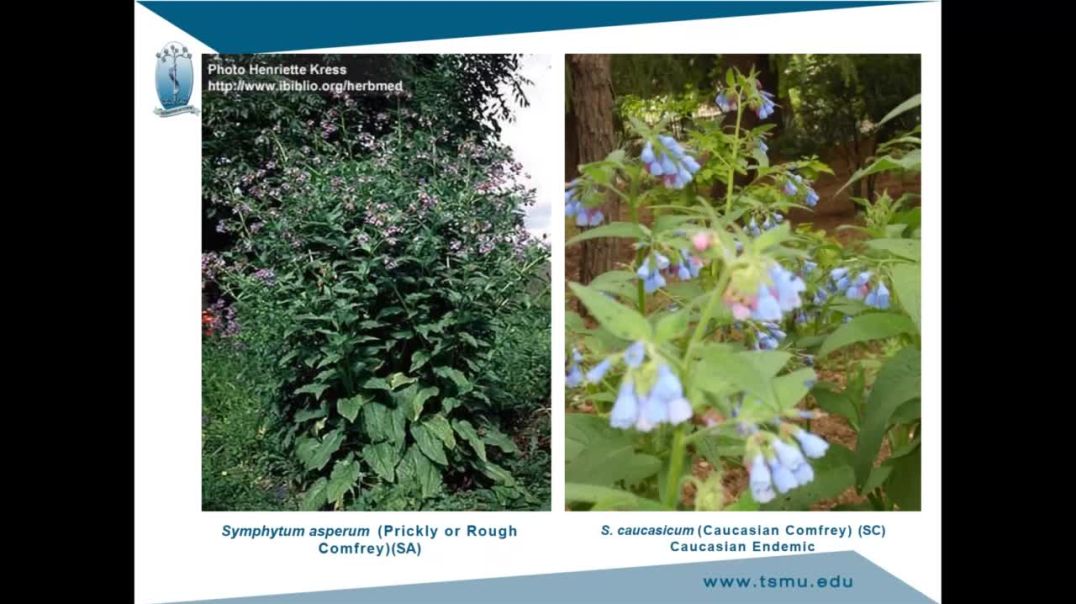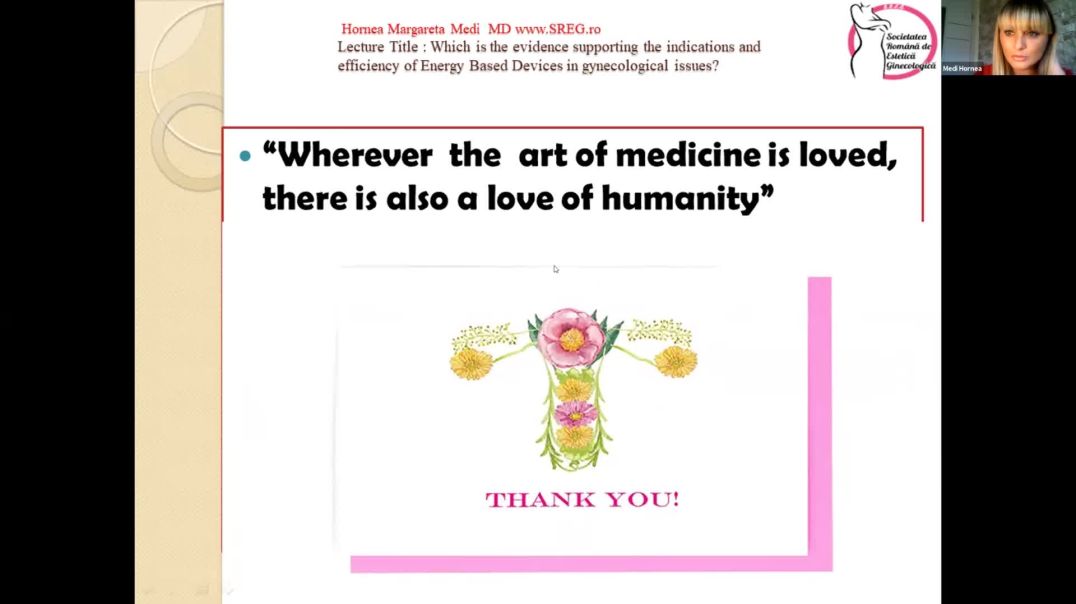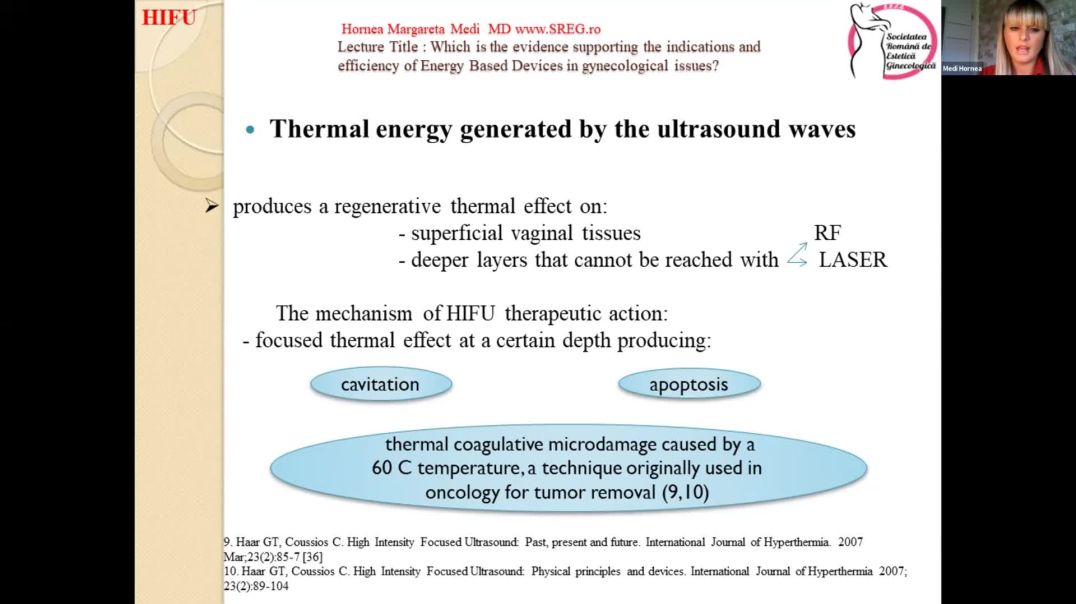Phenolic Derivative of Acidic Polysaccharide and it's Efficiency | Vakhtang Barbakadze
Summary :
The main chemical constit¬uent of high molecular (>1000 kDa) water-soluble preparations from Symphytum asperum, S.caucasicum, S.officinale, S.grandiflorum, Anchusa italica, Cynoglossum officinale and Borago officinalis (Boraginaceae) according to data of liquidstate 1H, 13C NMR, 2D 1H/13C HSQC, 2D DOSY and solid-state 13C NMR spectra was found to be poly[oxy-1-carboxy-2-(3,4-dihydroxyphenyl)ethylene] or poly[3-(3,4-dihydroxyphenyl)glyceric acid] (PDPGA). The polyoxyethylene chain is the backbone of this polymer molecule with a residue of 3-(3,4-dihydroxyphenyl)glyceric acid as the repeating unit. PDPGA as a 3,4-dihydroxyphenyl derivative of poly(2,3-glyceric acid ether) belongs to a class of an acidic polysaccharides [poly(sugar acids)] as well. Oligomers of PDPGA was synthesized by enzymatic ring opening polymerization of methyl 3-(3,4-dibenzyloxyphenyl) glycidate using lipase from Candida rugosa. The enzymatic polymerization is a “green” chemistry alternative to classic chemical synthesis as it utilizes processes that minimize the use and generation of hazardous substances. That is why it is the method of preference for the synthesis of biologically active natural polyether analogues. Enzymatically obtained oligomers cause interest for diverse biological tests. Hyaluronidase (Hyal-1) degrades high molecular mass Hyaluronic acid into smaller fragments which have pro-inflammatory effects. PDPGA possesses the ability to inhibit the enzymatic activity of Hyal-1 completely. Consequently, PDPGA exhibited anti-inflammatory efficacy. PDPGA exerted anticancer activity in vitro and in vivo against androgendependent and -independent human prostate cancer (PCA) cells via targeting androgen receptor, cell cycle arrest and apoptosis without any toxicity, together with a strong decrease in prostate specific antigen level in plasma. Thus, PDPGA was identified as a potent agent against PCA without any toxicity.
About Author :
Vakhtang Barbakadze has his expertise in isolation and structure elucidation of a new series of biologically active plant polyethers and obtaining of their synthetic analogues, which are endowed with pharmacological properties as anticancer agents. In 1978 and 1999 he has completed his Ph.D and D.Sci., respectively. In 2006 up to date he is the Head of Department of Plant Biopolymers at Tbilisi State Medical University Institute of Pharmacochemistry. In 1996 and 2002 he has been a visiting scientist at Utrecht University, The Netherlands, by University Scholarship and The Netherlands organization for scientific research (NWO) Scholarship Scientific Program, respectively. He has published more than 100 papers in reputed journals. In 2004 he was Georgian State Prize Winner in Science and Technology.




